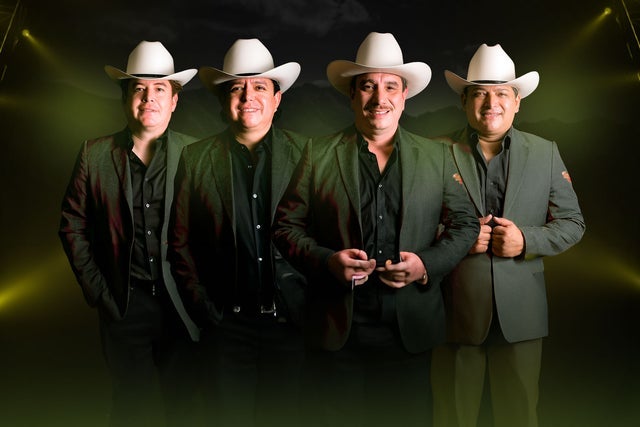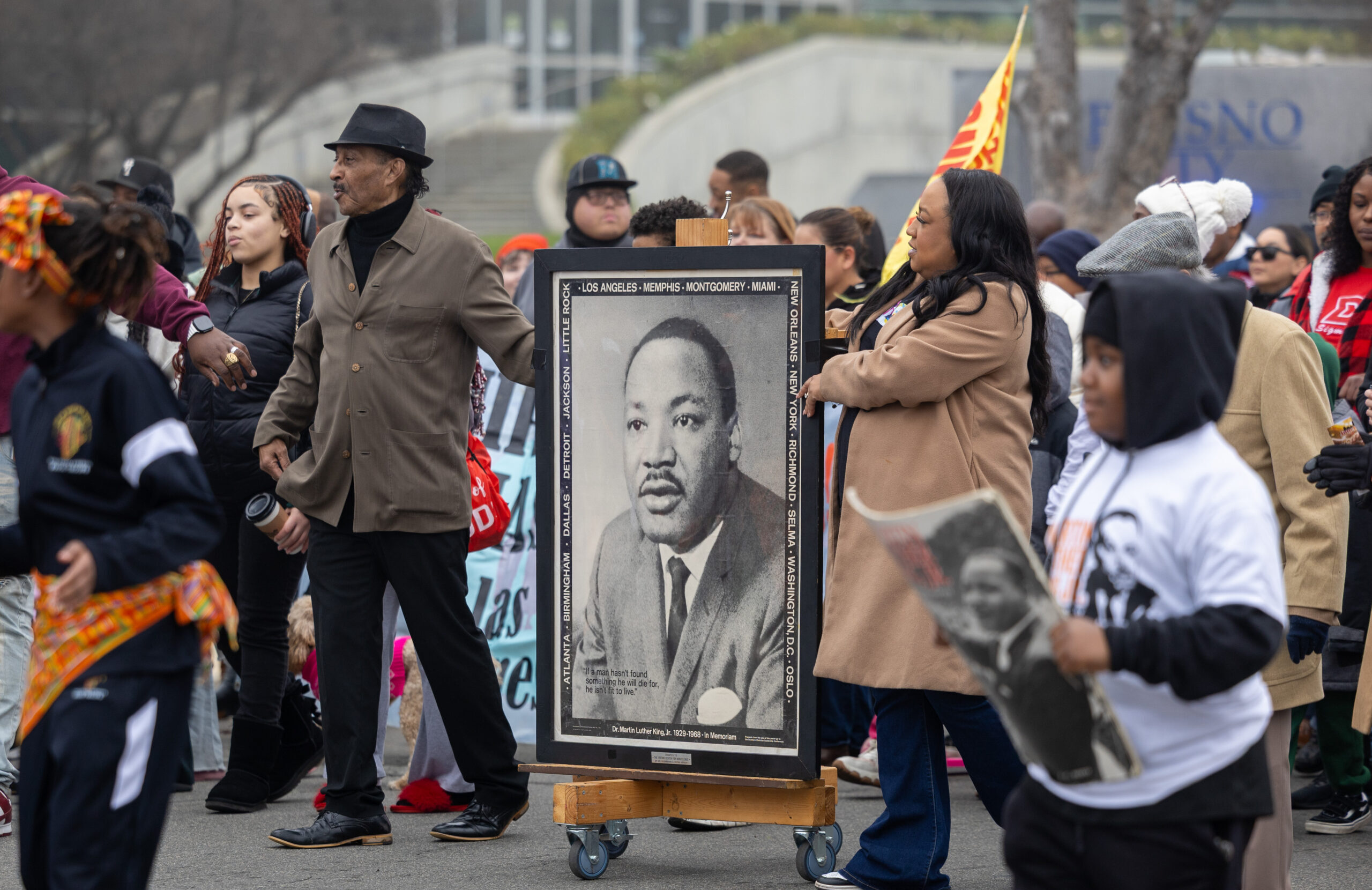
Members of the popular Mexican band Los Alegres del Barranco have had their U.S. work and tourism visas revoked following a controversial performance in Mexico that featured imagery of cartel leader Nemesio Oseguera Cervantes, also known as “El Mencho”. The decision, announced by U.S. Deputy Secretary of State Christopher Landau, abruptly halted the band’s planned U.S. tour, including scheduled stops in Tulsa, Austin, and a headline performance at Spring Fest in Fresno.
The now-viral moment occurred at a March 29 concert in Guadalajara, where an image of El Mencho appeared on a mega-screen behind the band during their performance of the song “El Dueño del Palenque.” The visual display drew backlash from Mexican officials, including investigations in both Jalisco and Michoacán, where the band repeated the performance days later.
In a post on X, Landau celebrated the revocation of the group’s visas, writing, “The last thing we need is a welcome mat for people who extol criminals and terrorists.” The Trump-appointed diplomat framed the action as a defense of national security while doubling down on his belief that expression, even artistic expression, should face consequences.
The U.S. reaction, however, has drawn scrutiny from many observers who see this as yet another example of how immigrant and non-white artists are disproportionately punished for content that white American artists routinely get away with. Across the U.S., imagery that glorifies violence or celebrates violent icons, from Western films to video games to chart-topping music, remains mainstream and largely untouched by federal intervention.
In contrast, Los Alegres del Barranco were swiftly penalized with canceled shows, visa revocations, and international condemnation. Critics of the move point out that while the imagery may be provocative, the harsh response ignores the deeper cultural and economic contexts that shape narcocorridos, a genre rooted in lived experiences, survival, and systemic neglect.
Following the backlash, the band issued a public apology: “We want to offer our sincerest apologies for what happened during our performance. As a musical group, it was never our intention to generate controversy, much less cause offense.” They emphasized that their music is part of a storytelling tradition in Mexican culture and promised greater oversight of their show content moving forward.
The cancellation was particularly felt in Fresno, where Los Alegres del Barranco had been slated to headline Spring Fest at Chukchansi Park on April 26. Event organizers announced that the band would not be performing due to the visa issue, and offered refunds to ticket holders.
For many local fans, especially those from Fresno’s large Mexican and Latinx community, the sudden exclusion of the band shed light on the broader themes of cultural censorship and uneven scrutiny that frame the entire controversy.
Among those disappointed were students at Fresno City College, where the band has a strong following.
“It just feels unfair,” said Ana Delgado. “There are plenty of American musicians who openly supported Trump and spread hateful messages, and they were welcomed on stage with open arms. But when a Mexican band performs something controversial, suddenly it’s a national security threat?”
Student Diego Ruiz also echoed the frustration. “I was looking forward to seeing them live for the first time,” he said. “I really enjoy their music.”
Still, the controversy reflects a larger and growing debate in both the U.S. and Mexico about censorship, freedom of expression, and whose art is deemed acceptable.
As President Claudia Sheinbaum and other leaders weigh cultural regulation over the narcocorrido genre, some fear that these moves will disproportionately silence the voices of working-class, rural, and immigrant communities. At a time when Mexican regional music is experiencing a global renaissance, with artists like Peso Pluma topping international charts, the visa ban on Los Alegres del Barranco raises uncomfortable questions: Who gets to tell their story? Who decides what’s too dangerous to be heard? And why are some performers punished while others are celebrated for glorifying equally violent figures?
While official statements frame the move as a matter of public safety, the selective enforcement of those standards speaks volumes about which narratives are protected and which are swiftly erased.


